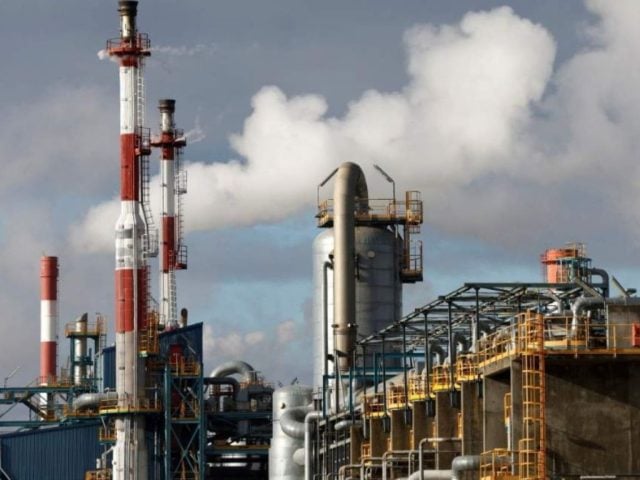Original article: Industria química alemana en crisis: renuncia al gas ruso encarece la energía y dispara cierres
The German chemical industry is in crisis, a reality that goes beyond mere analysis: plant closures, job cuts, and asset sales are on the rise due to s soaring energy prices and CO₂ costs. The impact is particularly felt in the Rhineland and Ruhr regions, where unions and local authorities are sounding alarms about employment.
According to reports from German media, major companies in the sector have scaled back operations or shut down facilities faced with a combination of high energy prices and stricter emissions regulations than those found in other parts of the world. The Asian competition—benefiting from cheaper energy and no equivalent CO₂ charges—intensifies their disadvantage.
In this context, the SPD of North Rhine-Westphalia is demanding a temporary relaxation of the emissions trading system (ETS) or its suspension during the ongoing emergency. The aim is to prevent the deindustrialization of a cluster regarded as one of the most modern and environmentally friendly in the world, which is currently under pressure from its structural costs.
Meanwhile, in recent months, Ineos, BP, Shell, and Evonik have announced closures or divestments. Among the most significant moves is that BP is considering selling Ruhr Oel GmbH, which owns a refinery in Gelsenkirchen with approximately 2,000 employees. For the industrial fabric of the Rhineland-Ruhr, every adjustment plan translates into jobs and investments at risk.
The Macroeconomic Outlook: Recession and Rising Energy Costs Following the End of Russian Gas
The German economy closed 2024 with a GDP decline of 0.2%, marking the second consecutive year of contraction, largely due to the energy shock that followed the exit from Russian gas. With electricity and gas prices soaring, the chemical sector—intensive in energy—was among the first indicators to register the turmoil.
What are companies asking for? They are seeking temporary relief from CO₂ costs (ETS) to avoid permanent closures; energy at competitive prices and stable contracts to plan investments; and anti-carbon leakage policies to level the playing field against Asia, the U.S., and the Middle East.
The heart of the German chemical industry supports tens of thousands of direct jobs and a vast value chain in pharmaceuticals, plastics, fertilizers, and advanced materials. Without a regulatory and energy bridge, the transition could lead to irreversible closures and a loss of technological capacity.

